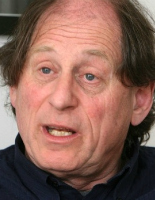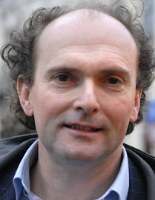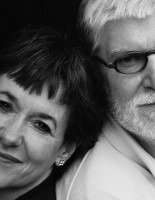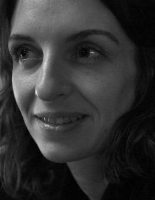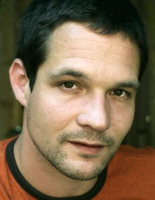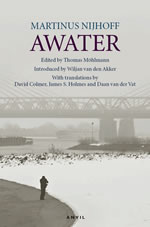
Martinus Nijhoff - Awater
Martinus Nijhoff was born into a family of booksellers and publishers in The Hague in 1894. His four collections of poetry include some of the best work ever published in Dutch. He was immediately recognized as a poet of rare brilliance on the publication of his debut volume, The Wanderer, in 1916. The collections that followed, Forms in 1924 and New Poems in 1934, confirmed his reputation as a great innovator on the Dutch literary landscape, although he remained faithful to traditional verse forms.
His last important poetic work was the long poem ‘Zero Hour’, which was published in conjunction with ‘An Idyll’ in 1942. He then dedicated himself mainly to writing plays and to translating, until his death in 1953.
‘Awater’, first published as part of New Poems, is indisputably one of his most important works, and therefore one of the most important of twentieth-century Dutch poems. Nijhoff masterfully presents a vivid mystery that, for all its apparently explicit articulation, repeatedly challenges the reader to imagine new interpretations.
His poetry continues to fascinate right down to the present day and often seems to function as an orientation point for new poets.
Quotes
‘A very good Dutch poet is Nijhoff. His poem ‘Awater’ is the poem to reckon with, one of the grandest works of poetry in [the twentieth] century… This is the future of poetry, I think, or at least it paves the way for a very interesting future.’ – Joseph Brodsky
‘Nijhoff is undoubtedly one of the most important poets of the twentieth century. Unique in his era, he managed to reach out to the diverse movements of international modernism without losing the distinctiveness of his own oeuvre.’ – Leesidee
